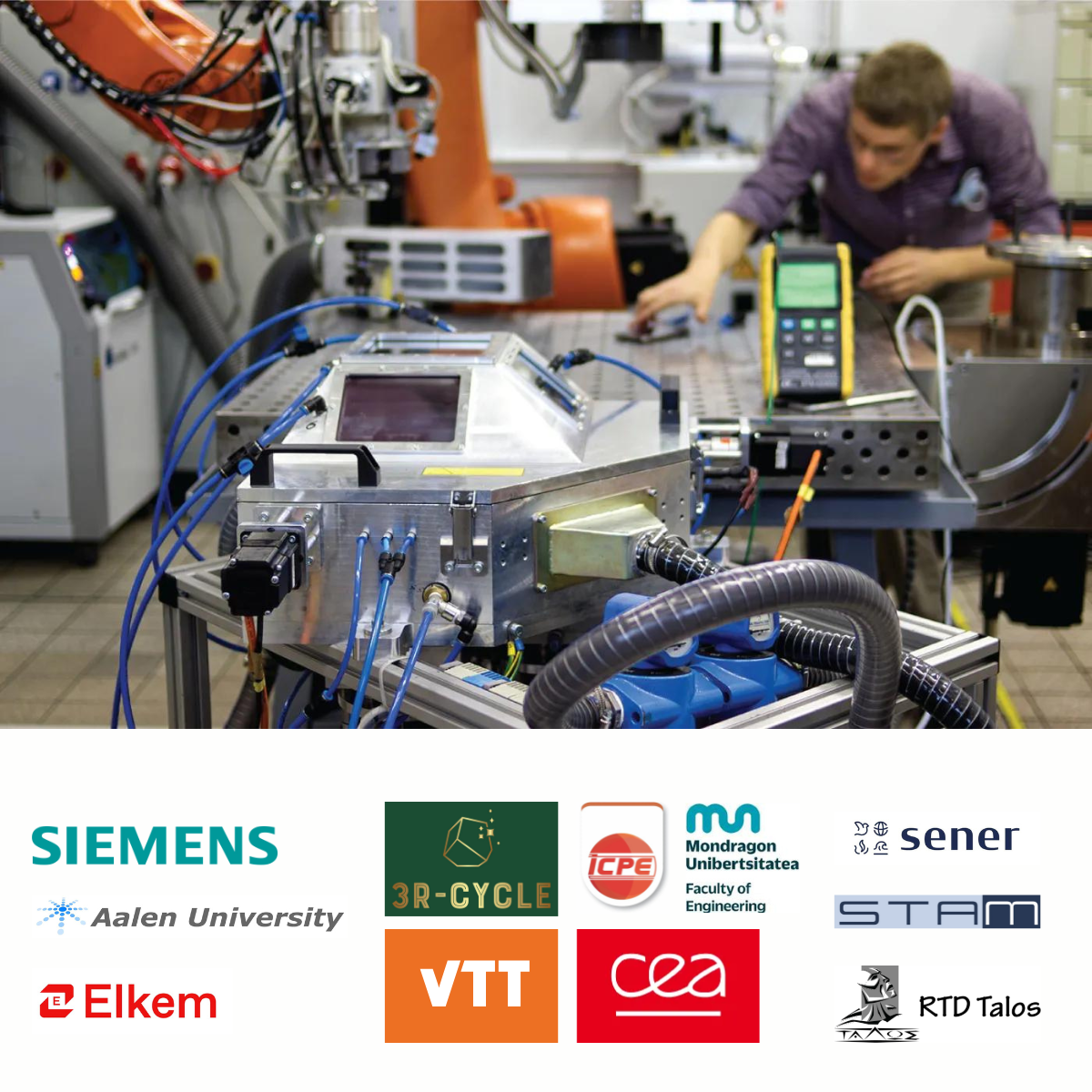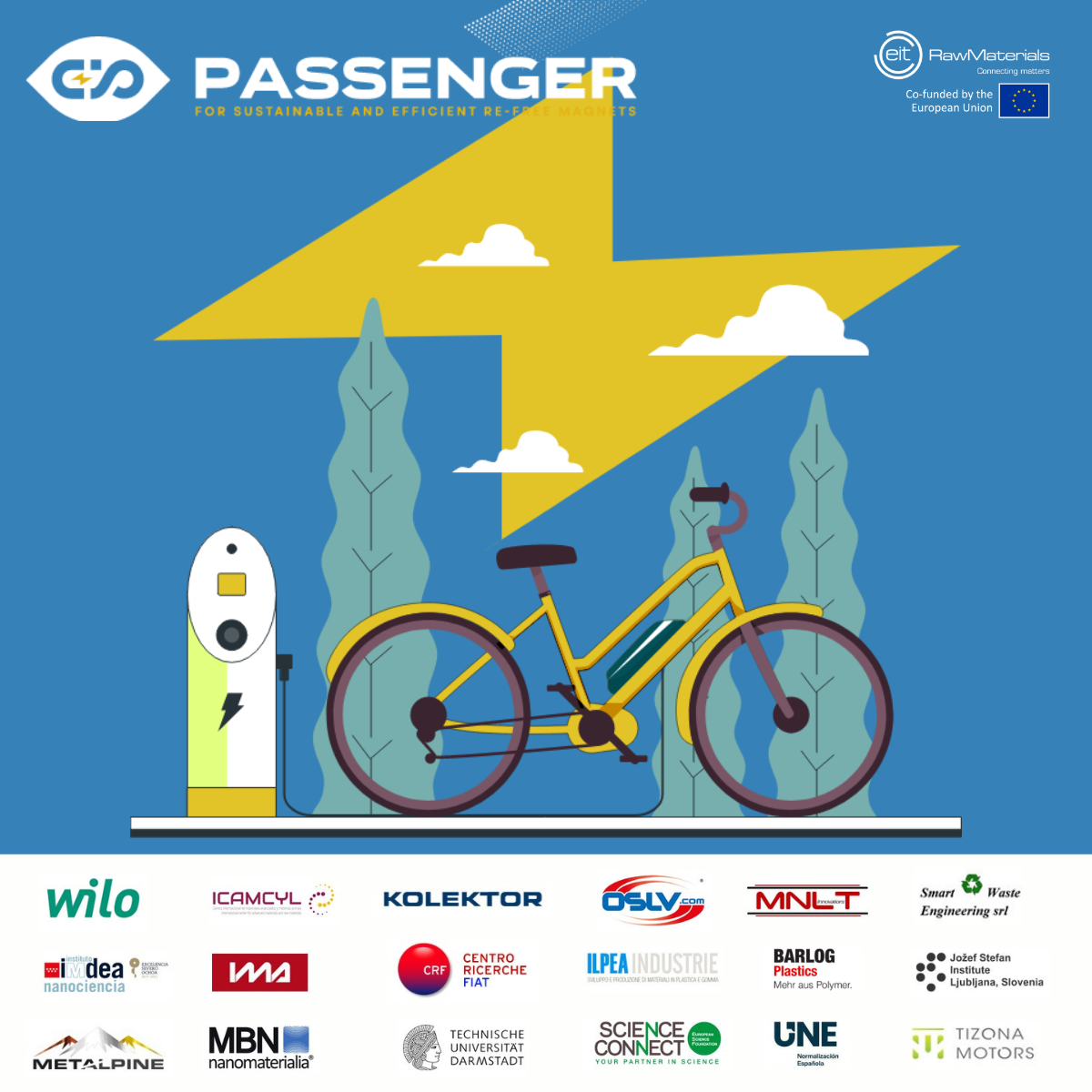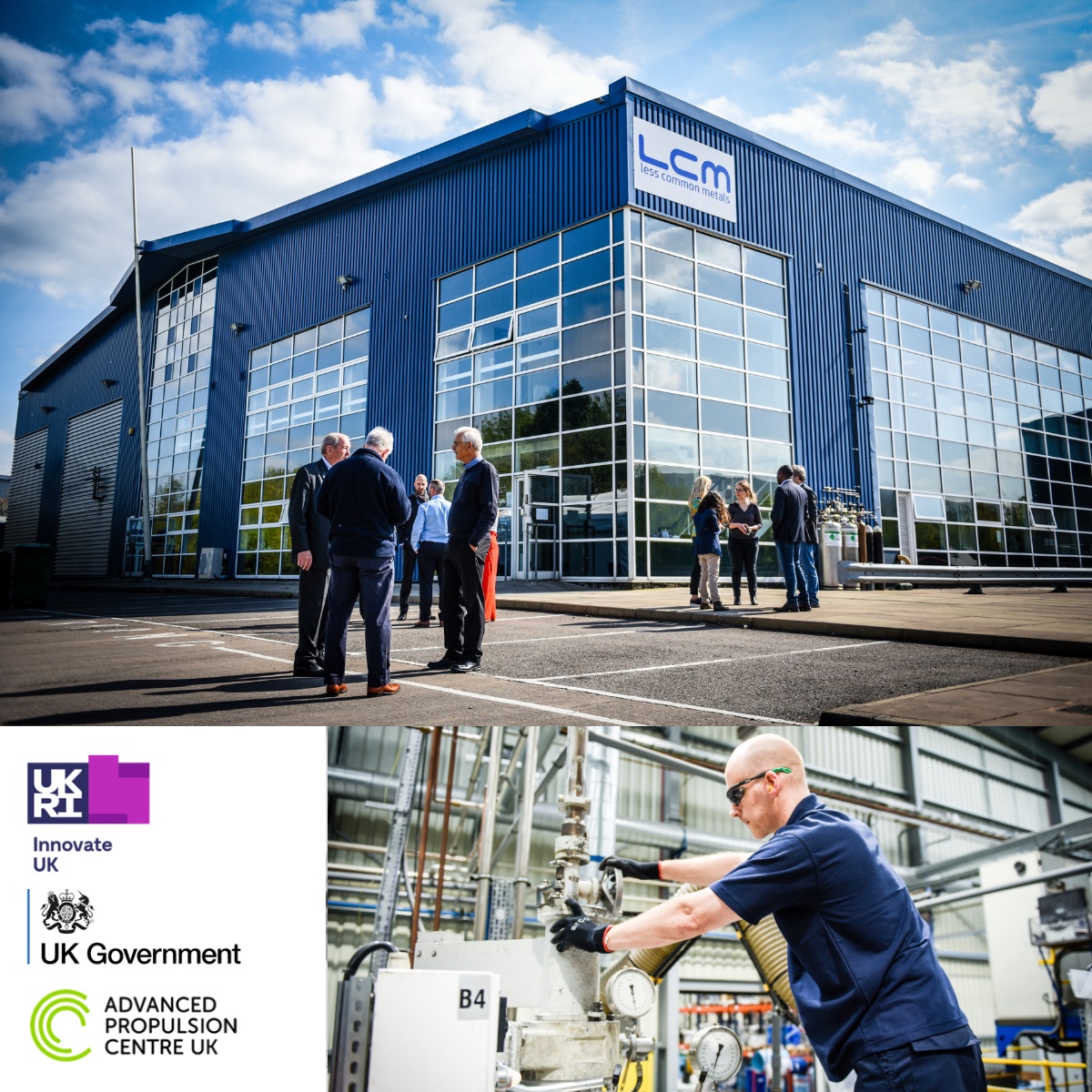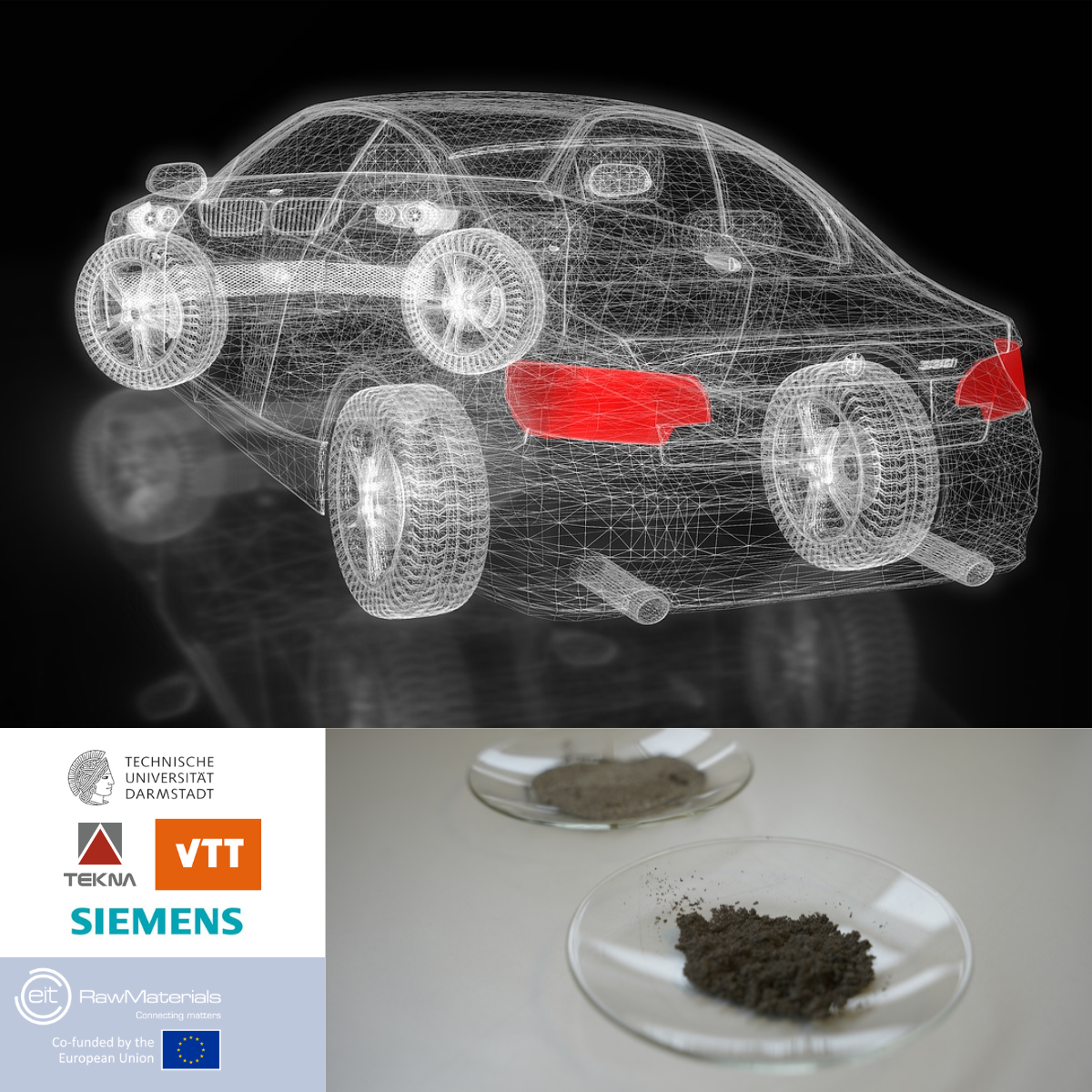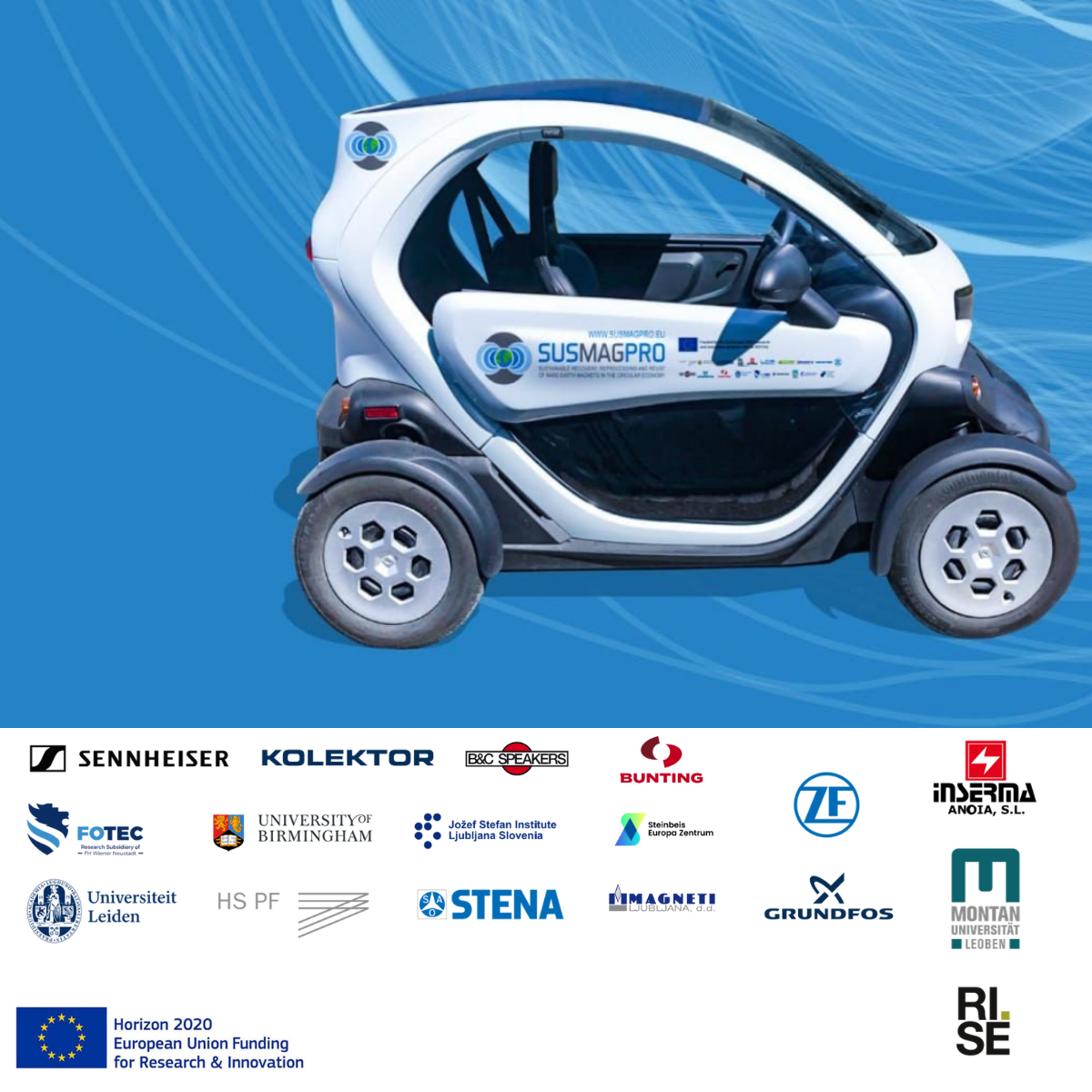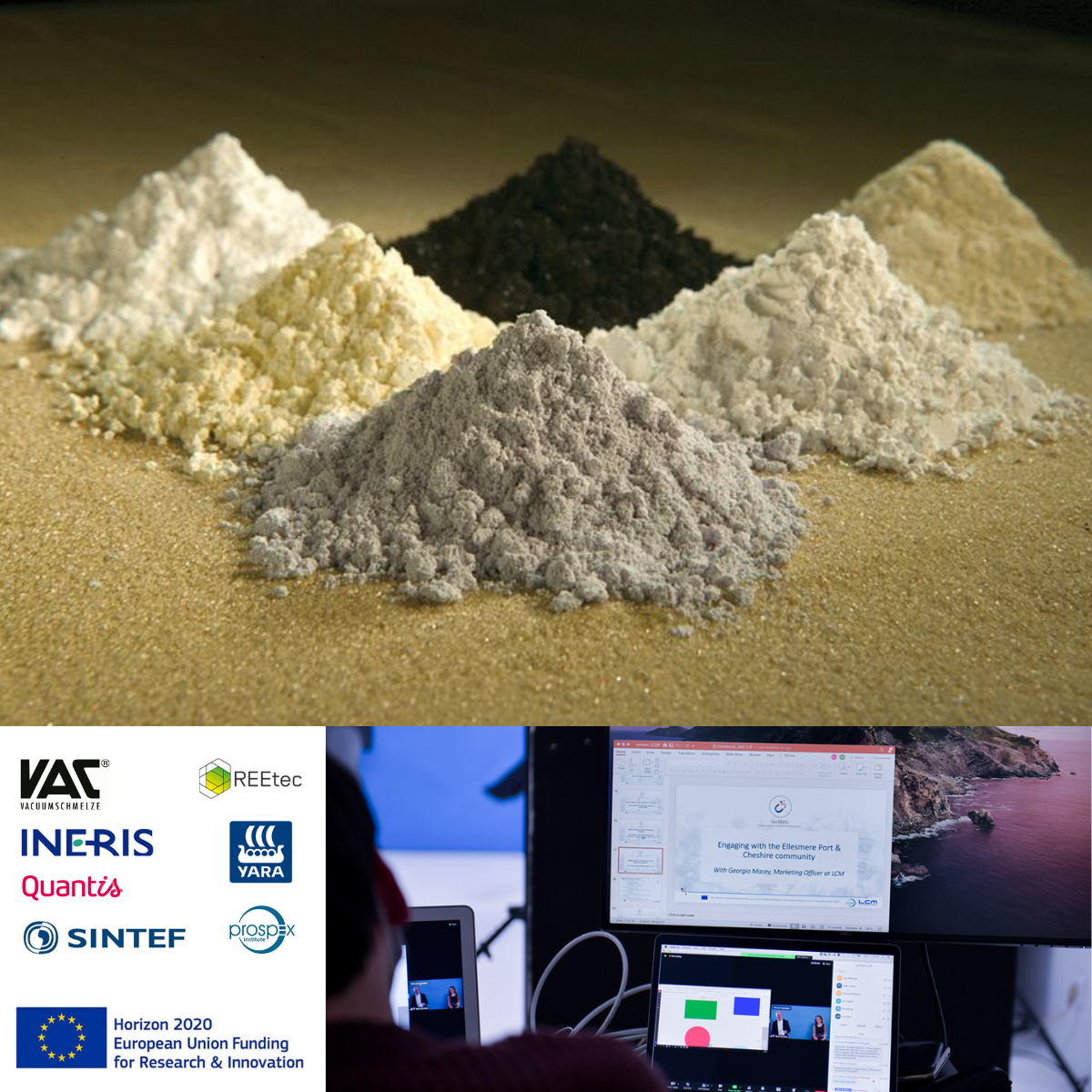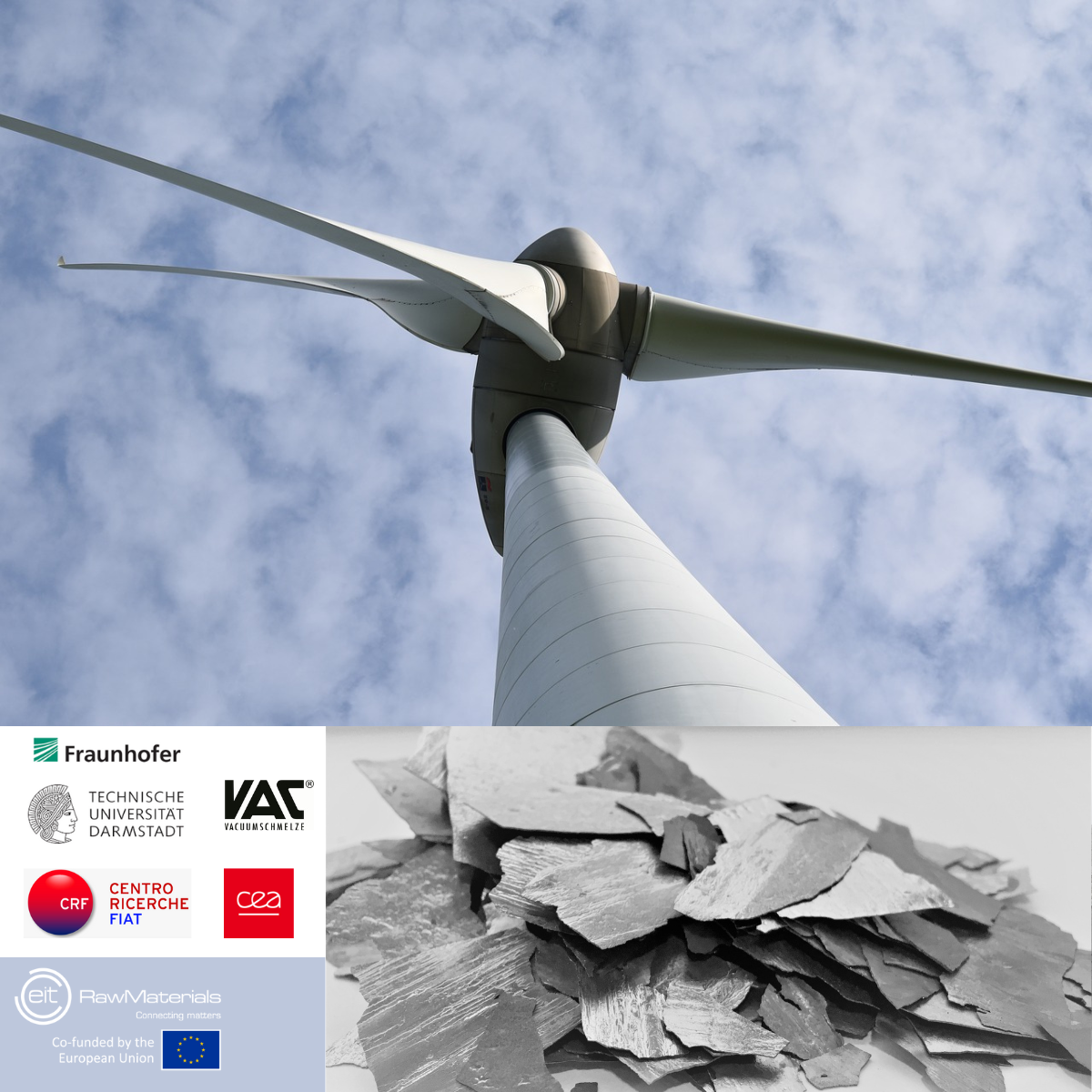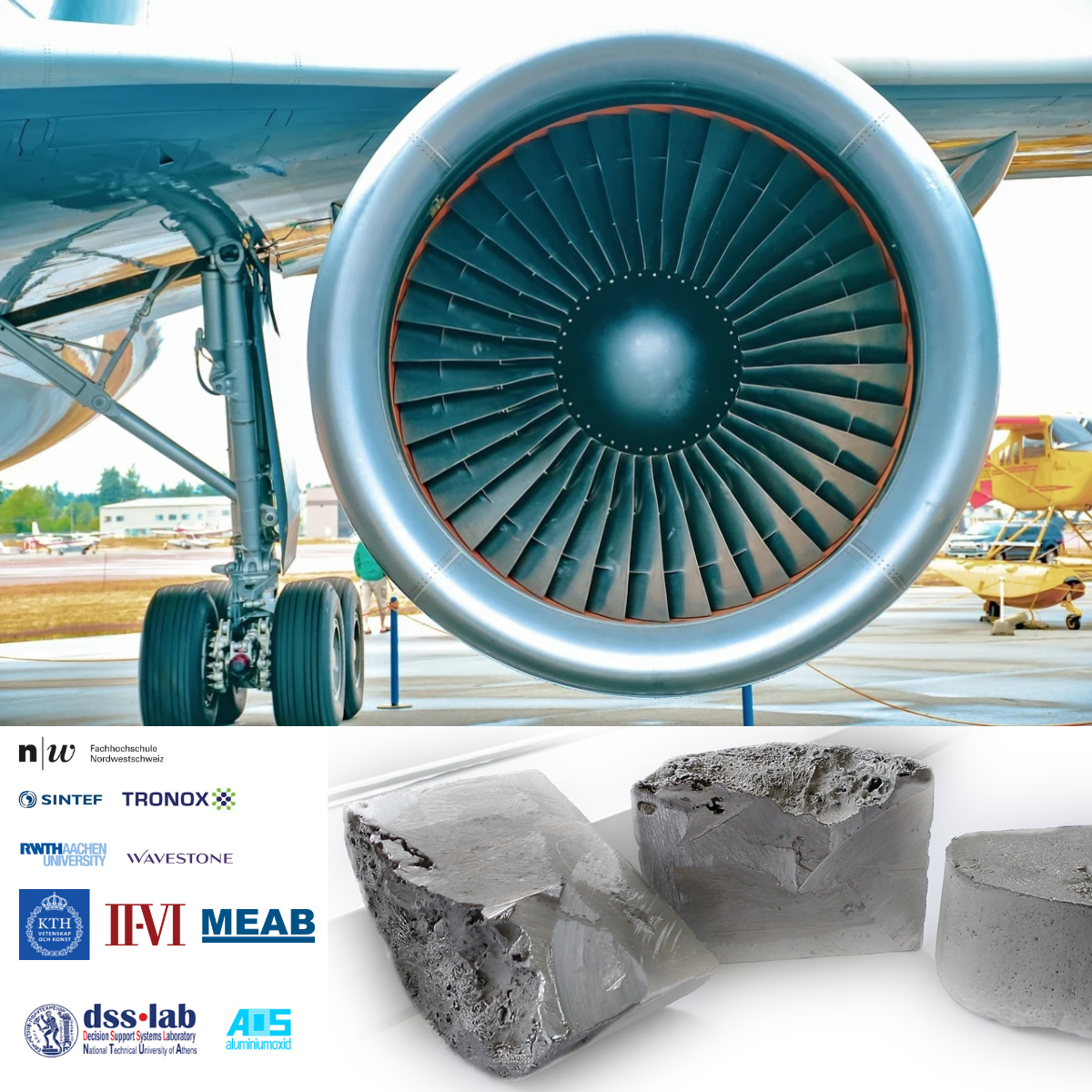SUPREEMO
The SUPREEMO project will capitalise on the knowledge generated by previous R&D projects – SecREEts, SUSMAGPRO, Enviree, Eurare, REE4EU ) – to establish the first sustainable and resilient pre-commercial European Rare Earth Elements (REEs) value chain (TRL7), leveraging European primary sources as feedstock. The SUPREEMO partners aim to develop sustainable, cost-competitive processing, refining, and RE permanent magnet production technologies in a responsible manner, adhering to local and international safety regulations. The developed solutions will bolster the European industrial leadership and enhance autonomy in critical strategic value chain, ensure a secure supply of raw materials.
This aim will be achieved by reaching specific objectives considering five main technology stages: beneficiation, extraction, separation and purification and conversion of REEs.. Start date: January 2024 /
End date: December 2027

